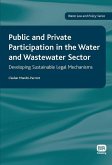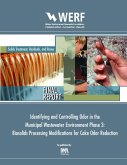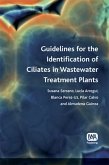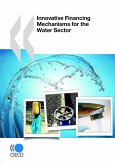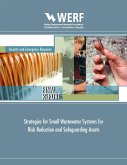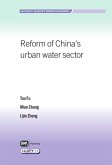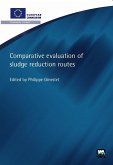Approximately 35% of a wastewater treatment facilities' total cost to provide wastewater service is for energy use. Industry wide, about 0.6% of the electric energy produced in the United States is consumed by commercial sector wastewater treatment. Clearly, the wastewater sector and other wastewater treatment providers, such as industry and commercial establishments, need cost-effective solutions for energy management and efficiency in their wastewater treatment operations. The interrelated problems of rising energy costs and demand alongside climate change have brought the issue of energy efficiency into the forefront of most every wastewater treatment provider today. The Operations Optimization Challenge is the Water Environment Research Foundation's (WERF) program to build integrated, comprehensive, long-term research into process optimization, energy efficiency, energy and resource recovery, and minimization of the environmental footprint of wastewater collections and treatment. The primary goal of the Optimization Challenge is to develop approaches that allow the wastewater sector to attain a 20% or greater reduction in energy to achieve treatment goals. One of the goals of the Operations Optimization Challenge is to identify the approaches used by the most effective power utility or state energy efficiency programs. Using these most effective elements of these programs build upon success and promote energy efficiency at the facility by putting in place the framework for effective energy management at a higher level. Currently only four states have effective energy reduction programs with a long-term history of performance. This report is aimed at increasing the number of states or other agencies (interstate agencies as well as power providers) who can implement successful programs to assist the wastewater sector reduce nationwide energy demand.In support of this goal, this report:Provides suggested language for incorporating energy efficiency related concepts in design guidelines or standards.Evaluates the feasibility of establishing a national design standard for wastewater treatment facilities which incorporates energy efficiency related concepts in an outlined model standard. This includes results from a technical working session of selected wastewater regulatory and energy regulatory agencies that was focused on the issue of incorporating energy guidelines in their respective standards.Identifies reviews and analyzes successful state and utility sponsored wastewater-related energy programs and suggests a model framework based on the key elements of these programs.
Dieser Download kann aus rechtlichen Gründen nur mit Rechnungsadresse in A, B, BG, CY, CZ, D, DK, EW, E, FIN, F, GR, HR, H, IRL, I, LT, L, LR, M, NL, PL, P, R, S, SLO, SK ausgeliefert werden.



